Centre for Independent Studies
Let’s share good ideas. 💡 The Centre for Independent Studies promotes free choice and individual liberty and the open exchange of ideas. CIS encourages debate among leading academics, politicians, media and the public. We aim to make sure good policy ideas are heard and seriously considered so that Australia can prosper.
Episodes

Thursday May 04, 2023
Thursday May 04, 2023
Andrew Neil joins Tom Switzer for a conversation about political and public-policy subjects — from British politics and the travails of the Royal family to the energy transition and the changing media industry to the Ukraine crisis and the rise of China.
Andrew Neil is one of the world’s most prominent print and broadcast journalists, having been a long-time editor of the Sunday Times and chief political interviewer on the BBC. He is chairman of Press Holdings Media Group, which publishes The Spectator and Spectator Australia magazines.
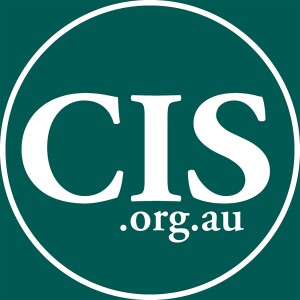
Tuesday Jan 10, 2023
Tuesday Jan 10, 2023
Salvatore Babones returns to discuss the new CIS Intergenerational research program with Program Director Matt Taylor.
Despite the 30-year economic boom that preceded the Covid pandemic, there is growing evidence that younger Australians have not shared in the benefits to the same extent as generations before them. These younger generations will bear the brunt of paying back the $617 billion of government debt incurred in the wake of the government response to Covid, debt that is set to peak at an eyewatering $1.2 trillion in 2025-26. As the cost of financing government debt and expenditures arising from an ageing Australia climb to historic levels, there will be fewer and fewer working age Australians per retiree.
Since younger Australian will face far greater fiscal challenges compared to earlier generations, it is imperative that the Australian electorate — especially younger voters — make informed decisions at the ballot box. The CIS Intergeneration program will focus on policy reform that will ensure an equitable distribution of the burden of budget repair.
Matt and Salvatore discuss the research the Intergenerational program will undertake, the challenges facing younger Australians and the extent of intergenerational income mobility in Australia.
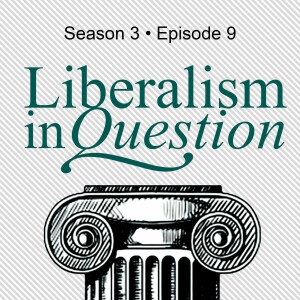
Tuesday Nov 22, 2022
Tuesday Nov 22, 2022
Rob chats to Lorraine Finlay, Human Rights Commissioner with the Australian Human Rights Commission, about the importance and nature of human rights. A convinced believer is liberalism, Lorraine understands human rights as absolutely important which give is our humanity. She is also aware that they are not inevitable. Nor do they come from government but are only expressed through government.
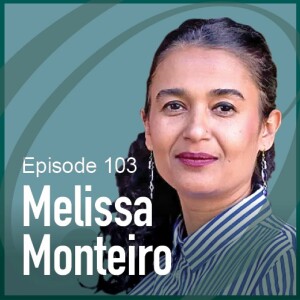
Tuesday Nov 15, 2022
Tuesday Nov 15, 2022
Guest host Glenn Fahey returns to discuss challenges facing new immigrants to Australia with Melissa Monteiro, CEO of the Community Migrant Resource Centre.
As a community practitioner, Melissa has worked to ensure peoples from worn-torn nations are able to find community and start life new, particularly those immigrants from less-developed countries who settle in Western Sydney.
In a report from 2016 from the Forum on the Settlement of Syrian and Iraqi Refugees, it showed that over 30 agencies representing government, local services, schools, religious and civil society organisations were brought together to focus on the key settlement issues that will confront this particular cohort of Syrian and Iraqi humanitarian entrants. Focusing on areas such as education, employment training, health and short- and long-term housing. It takes an incredible amount of community resources manpower to set up resettlements for newly arriving migrants.
Are we seeing a greater influx of migrants then previously before? What is the most efficient and effective way to resettle humanitarian migrant entrants? What resources are available for those seeking asylum in Australia? Are local communities having to pick the slack for Government failures on immigration?
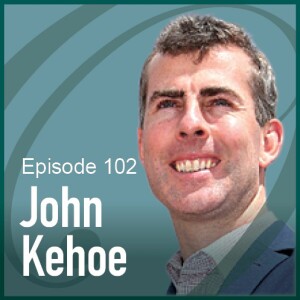
Friday Nov 11, 2022
Friday Nov 11, 2022
Guest host Simon Cowan reenters the budget bunker to discuss the second federal budget in 2022 with Australian Financial Review Economics editor in Parliament House, Canberra John Kehoe. Simon and John break down the budget and cover what the mainstream media has missed.
It's Labor's turn. After a victory in the Federal Election in part due to the former Liberal Government's mishandling of the economy, the new Federal Treasurer Jim Chalmers is set to deliver his 'wellness' budget. Are we set for more big government spending? Can Labor turn around Australia's deficit woes? Will Labor keep their promise of additional funding to health and defence?
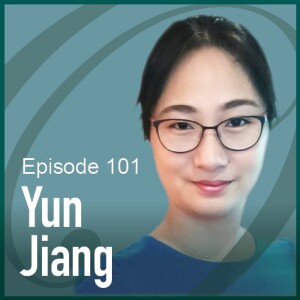
Tuesday Nov 01, 2022
Tuesday Nov 01, 2022
Salvatore Babones returns to discuss the rise of nationalism amongst China's youth with Yun Jiang, inaugural China Matters Fellow at the Australian Institute of International Affairs.
China’s youths have become more nationalistic, especially compared to the previous generation. Many outside China attribute the increasing nationalism to the Communist Party of China (CPC)’s patriotic education campaign as well as its control of information in China.
According to Yun Jiang, it would be wrong to see this rising nationalism as purely a result of brainwashing, instead, that is just one of many factors. The current generation of middle-class millennials have grown up during an era in which China has become more prosperous and powerful. Therefore, for them, especially those living in big cities of Shanghai or Shenzhen, they feel greater pride in China’s achievements.
Does the growing nationalism bolster Xi Jinping's power? What does this mean for the future of China's Communist political system? Are younger Chinese men and women willing to embrace western ideals?
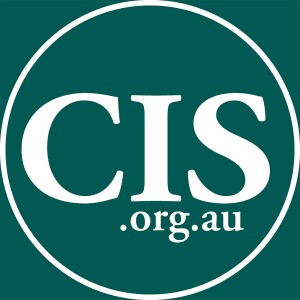
Tuesday Nov 01, 2022
Tuesday Nov 01, 2022
Katharine is a leading figure in education practice and policy and founder as well as principal of London's Michaela Community School.
It’s no secret that Australian schools’ performance has been in decline for many years. That’s not for a lack of funding, nor a lack of commitment from countless dedicated educators. But more can be done to advance the learning of all students, no matter their background.
It’s a culture of high expectations, consistently well-managed classes, high behavioural standards, and commitment to explicit teaching that are the not-so-secret sauce behind educational success.
There is no better example of this in the world than the London-based, Michaela Community School.
Despite serving mostly disadvantaged students, they’ve delivered exceptional outcomes. More than half of their school leavers have achieved the equivalent of an A grade — more than 2.5 times better than the national average — helping to earn Michaela international praise.

Friday Oct 14, 2022
Friday Oct 14, 2022
To celebrate 100 Episodes of On Liberty we flip the script and CIS executive director Tom Switzer interviews regular On Liberty host Salvatore Babones.
Over 100 episodes, Salvatore has interviewed a wide range of guests on an incredible range of topics. We hear from Salvatore on what he has learnt about Classical Liberalism and political orthodoxy in Australia and around the world from his many interviews. As well as how On Liberty has shaped Salvatore's views, his new position as Director of China and Free Societies at CIS and what's next for the international affairs portfolio at CIS.

Sunday Oct 09, 2022
Sunday Oct 09, 2022
We welcome Red Union Managing Director, Jack McGuire. Jack argues there are not enough options available to workers to seek representation – ultimately restricting freedom of association. Instead, workers have little choice but to engage with legacy monopoly unions – regardless of whether or not they share the union’s political motivations or policy advocacy.
The only way to ensure constructive representation of members, according to Jack, is to have professional associations governed by practicing teachers and nurses, not professional union officials.
Under the current anti-competitive settings, teachers and nurses are little more than cash cows for political purposes. But the interests of members must come before politics.
Without more dynamic representation, workers will continue to face inflexible and impractical working conditions. The status quo entrenches big unions and big business and marginalizes small business and workers that require flexibility.
Are monopoly unions failing to advance the interests and status of key members, like teachers and nurses? Why do traditional unions oppose competition? Why is membership demand so high for alternatives to traditional unions?

Thursday Oct 06, 2022
Thursday Oct 06, 2022
We welcomed Peter Gregory, author of the CIS paper The Territory Gap: Comparing Australia's remote Indigenous communities.
The absolute and relative deprivation experienced by Indigenous people in remote and very remote Australia is well known. However, Indigenous people in remote areas are often lumped together as a single national category. There is little understanding of how the different states and territories perform in terms of the economic wellbeing of Indigenous people in remote and very remote areas.
The major finding of this research is that the Northern Territory has the worst economic outcomes for Indigenous people in remote or very remote locations of any state or territory in Australia by some margin, while South Australia has the best.
Why are remote Indigenous communities in the Northern Territory struggling? What is being done to help remote communities to ensure they thrive? Why are seeing the gaps in economic wellbeing across remote communities?
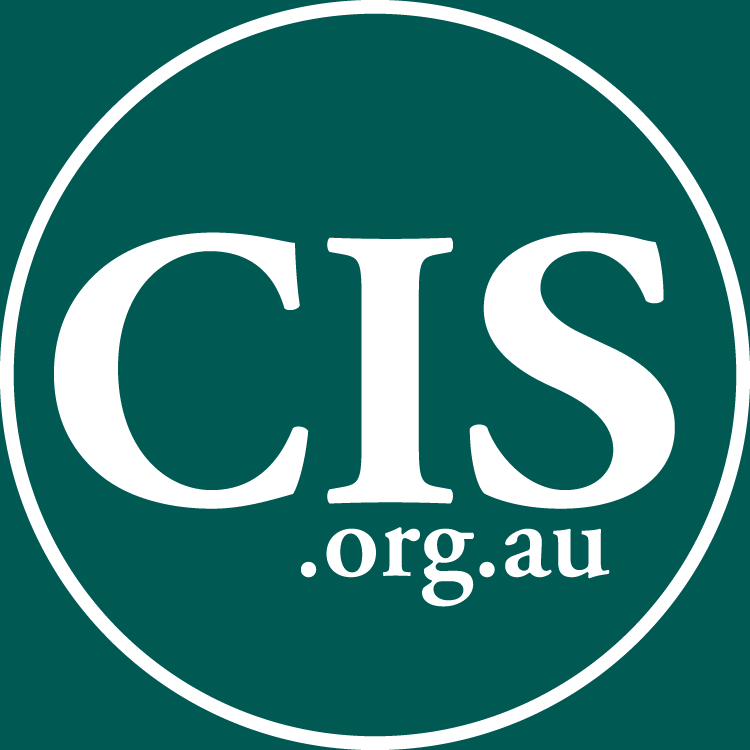
Centre for Independent Studies
Let’s share good ideas. 💡
The Centre for Independent Studies promotes free choice and individual liberty and the open exchange of ideas. CIS encourages debate among leading academics, politicians, media and the public. We aim to make sure good policy ideas are heard and seriously considered so that Australia can prosper.




